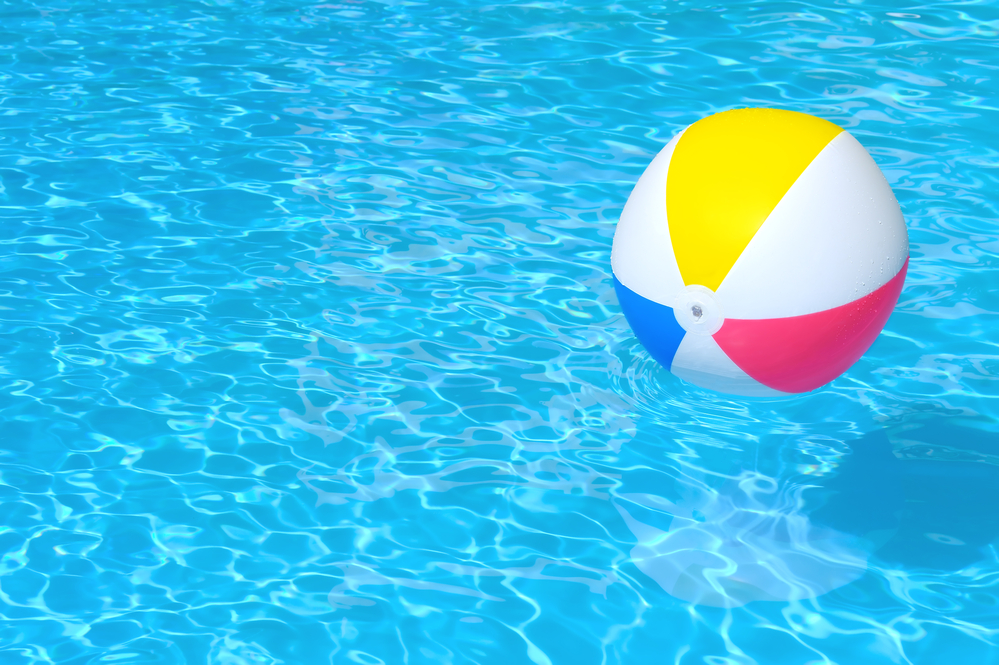Holiday Home Swimming Pool Safety & Maintenance Tips

Holiday homes with a swimming pool are a desirable feature that can increase bookings and earn you more money. However, regardless of how much enjoyment they provide, there is also the risk that you might be liable for illness or injury to family, friends or paying guests.
Homeowner sued following swimming pool injury
A legal case highlighted what can happen when someone injures themselves whilst using a swimming pool and then suing.
Unfortunately, a teenager was left paralysed after hitting her head in a swimming pool at a friend’s home and sued the girl’s family over a lack of warning signs at the property.
The £6m damages case against the property owner was based on allegations that there was inadequate signage around the pool at his home, stating that guests should not dive, or indicating the depth of the water.
The outcome…
The High Court judge ruled the owner ‘didn’t need warning signs in his own home’ and that ‘She was an adult. She did something which carried an obvious risk, she chose, voluntarily, to dive when, how and where she did, knowing the risks involved.’
The homeowners’ lawyers said there was no legal requirement for such safety signs on a private pool. The judge threw out the negligence claim, saying: ‘It would not be fair, just or reasonable.’
A warning for holiday home owners
Although swimming pool personal injury claims are infrequent, this case highlights the potential liability that holiday home owners face and the importance of having comprehensive public liability insurance.
Some questions to ask your holiday home insurer:
- If a third party has an injury (slip and trip, a cut from broken floor tile) or becomes ill after using your pool, are you insured for any costs involved in defending a claim and subsequent compensation?
- What level of indemnity does your public liability insurance provide? £5 million is recommended. Some insurance policies provide insufficient levels of indemnity and exclude swimming pool related incidents.
- Check that cover extents to cover paying guests, not just family and friends.
Swimming pool safety
If you have a swimming pool at your holiday home you should take all reasonable precautions to prevent injury and protect the public. Put up safety signs and inform guests of your ‘pool rules’.
In the court case, the judge made an interesting comment “It may well be different where there is some hidden or unexpected hazard“. Take note – repair any damage and make users aware of hazards.
If your holiday home is overseas, you should also ensure that you comply with any local laws governing pool security.
Sensible health and safety is about managing risks.
Resources on swimming pool safety:
- Here is some useful guidance from the Health and Safety Executive on managing health and safety in swimming pools.

6 Comments
All very well saying follow the rules, but what are they? Do we need fences in the UK at holiday lets or are signs and depth markers all we need?
Thanks for commenting Jennifer. Swimming pool operators must comply with their general duties under the Health and Safety at Work etc Act 1974 and the associated regulations. Owners have a responsibility to do a risk assessment to minimise risks, make sure their swimming pools are safe and provide clear guidelines for guests using the pool. If you let via a holiday cottage letting agency they should also be able to advise owners. More useful information via the HSE http://www.hse.gov.uk/entertainment/leisure/swimming-pool.htm
If hosting a party and guests are specifically told the pool is shallow and not to dive in, no running and no glass in the pool, will this suffice?
You should take all reasonable precautions (signs/barriers etc.) to prevent accidents and comply with local laws.
If your pool has broken lights with the casing to the lights broken and snapped off leaving jagged edges, could this be classed as a health and safety issue?
I would get it repaired asap.